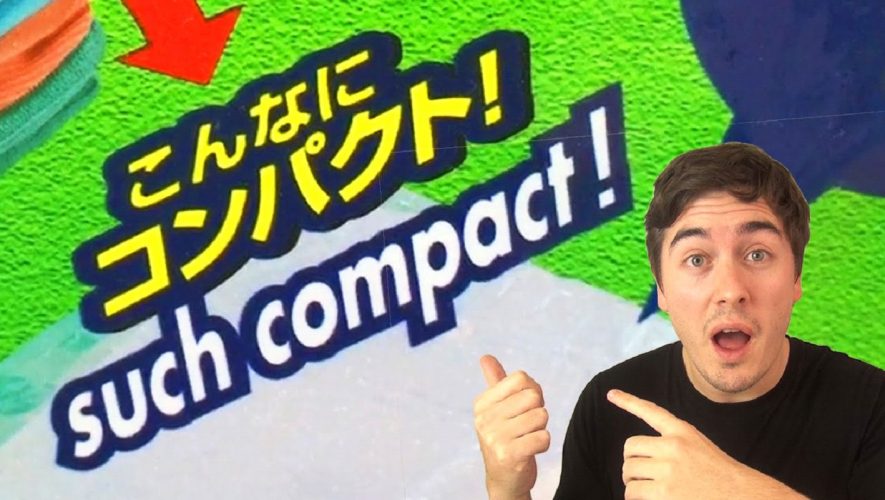By Sarah-Claire Jordan
 Japan is huge, and has been for a while now, in terms of international business. It is a small group of islands, but it still has been such a technology powerhouse that much of the rest of the world has come to think of Japanese products as the best quality. This reputation has led to more businesses seeing the potential in trying to win over the Japanese market.
Japan is huge, and has been for a while now, in terms of international business. It is a small group of islands, but it still has been such a technology powerhouse that much of the rest of the world has come to think of Japanese products as the best quality. This reputation has led to more businesses seeing the potential in trying to win over the Japanese market.
The Japanese market expects a certain kind of advertising campaign, however. It isn’t enough to simply take the original campaign and translate the words. Any localization specialist worth their salt would know this, but with Japanese things get even more complex. Some of it has to do with the nature of the Japanese language itself, and some has to do with the specific way Japanese people do business.
Japanese, like any other language, is constantly evolving and becoming a new version of itself. This happens in English, French, and pretty much every language, but the issue with Japanese is there are no associations or organizations that are meant to govern the language. For instance, there is a governing body whose sole purpose is to regulate the French language. The lack of such a thing for Japanese means that new words and uses are incorporated very quickly and easily, making translation more complicated.
Another issue with Japanese is the fact that there are three known writing systems. The first one is the most traditional and the oldest and is called kanji. It is made up of characters that represent ideas and concepts, rather like Chinese characters. The second system is actually two systems that are generally grouped together, katakana and hiragana. Together they are known simply as kana and are made up of phonetic characters.
The third writing system is the newest and perhaps the most controversial. Romaji is, as the name might imply, based on the Latin or Roman script and is used to write in Japanese when traditional or kana characters are not available. The romaji script came into use more with the advent of technology that was not equipped to handle anything beyond languages that used Latin scripts. It is not so widely used today, but definitely has its place in advertising and marketing.
Once you figure out what parts of a localization project need to use which writing systems, you still have to face the issues around cultural differences. Japan conducts business much differently from the U.S. and other prominent western countries. Japanese marketing involves very specific styles that can change subtly depending on the context, audience, and more. To add more for localization specialists to deal with, Japan has a specific concept known as “wa” that emphasizes peace over everything else in business. This philosophy can make it very difficult to work with a Japanese client towards figuring out what is the root of an issue.
Overall, Japanese localization is unique because it is so complex linguistically as well as culturally. If you can manage to not get overwhelmed by the demands of your client, however, and can deliver a final product that really works in Japan, you will surely have a client for life.




